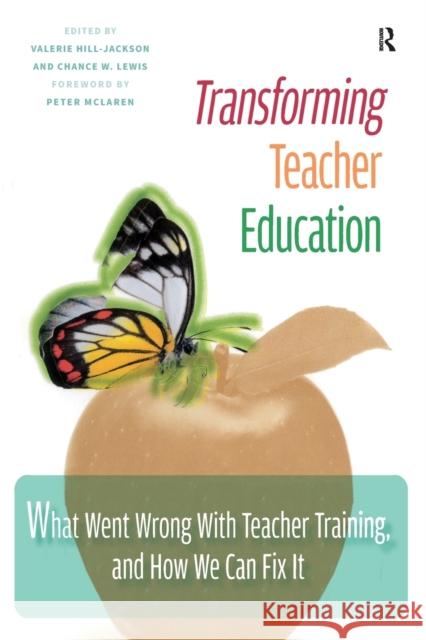Transforming Teacher Education: What Went Wrong with Teacher Training, and How We Can Fix It » książka
Transforming Teacher Education: What Went Wrong with Teacher Training, and How We Can Fix It
ISBN-13: 9781579224370 / Angielski / Miękka / 2010 / 288 str.
Extracts from the text:
-Why are fifteen million children and youth in poverty not achieving when we know that low-income students excel in the classrooms of -star- teachers (who comprise approximately 8 percent of the teaching force)?-
-Whose needs or interests are being met in education reform today?-
-In my own institution, there has not been a systematic assessment of the effectiveness of the basic teacher education program since the institution was founded over a century ago as a teachers college. Imagine, not one ever -
-Teachers who empathize with students and the life challenges they face soon realize that the dysfunctional bureaucracies will not permit them to meet the needs of their students. Half of the starry-eyed beginners are gone in five years or less.-
-Why does teacher education focus on the managerial, instrumental or delivery system aspects of the profession?-
-The expert advice dispensed by schools of education regarding what future teachers should do is not connected to any theory of learning, or to any reality of life in school classrooms.-
-Why has the recruitment process resulted in a cohort of teachers who are unable to connect with their students?-
-Does a qualified teacher equate to a quality teacher?-
-The best hope of getting more effective teachers from university teacher preparation programs is to base their budgets on the number of their graduates who serve in challenging schools and their effectiveness with children and youth. At the district level, the salaries of hiring officials should be based on how well these officials identify and retain quality teachers.-
In this book, 12 distinguished scholars provide a hard-hitting, thoroughly researched, historical and theoretical critique of our schools of education, and offer clear recommendations on what must be done to ensure all children can achieve their potential, and contribute to a vibrant, democratic society.











